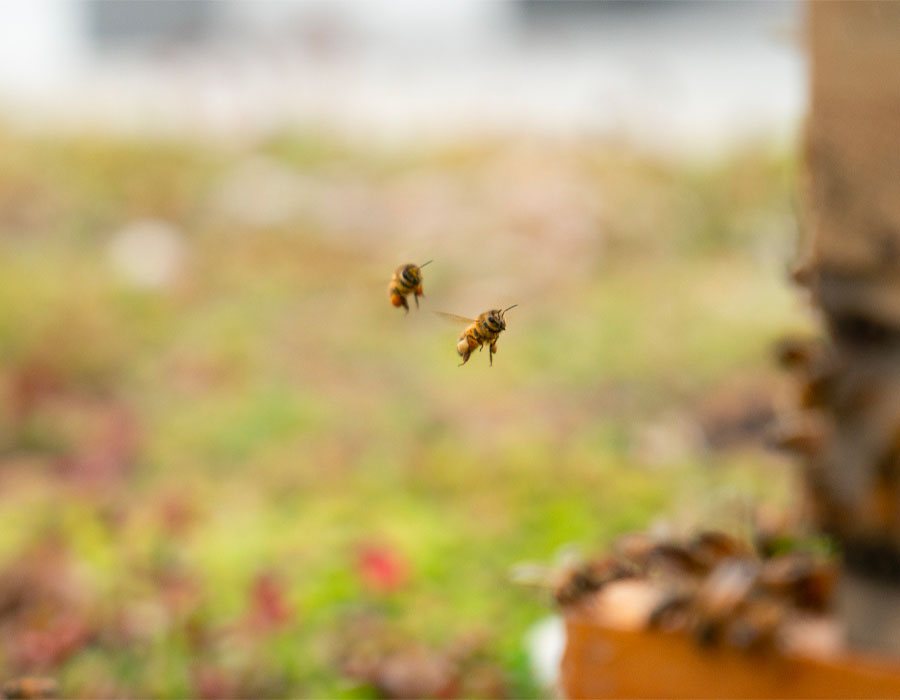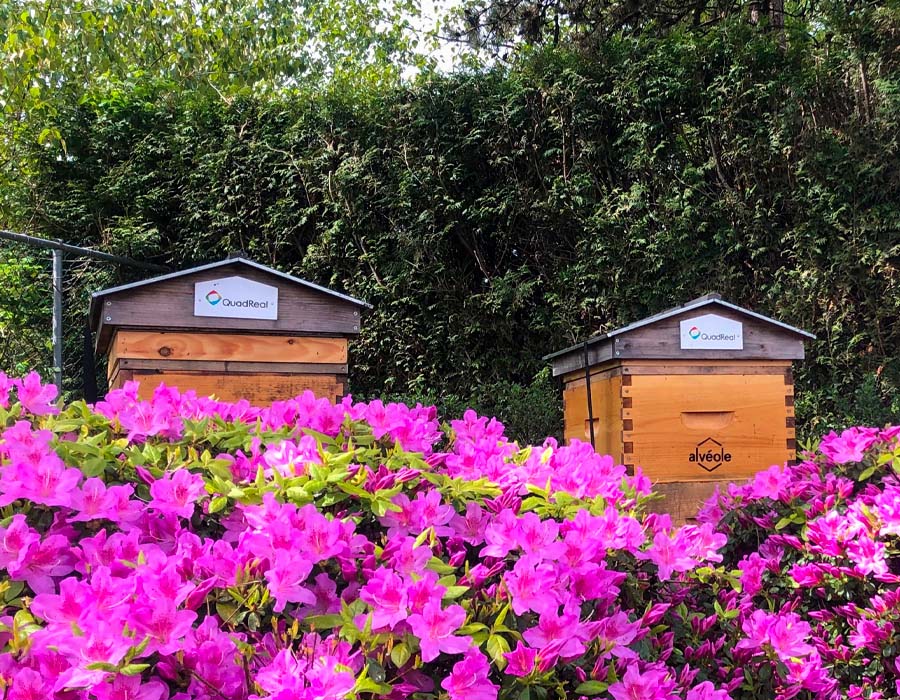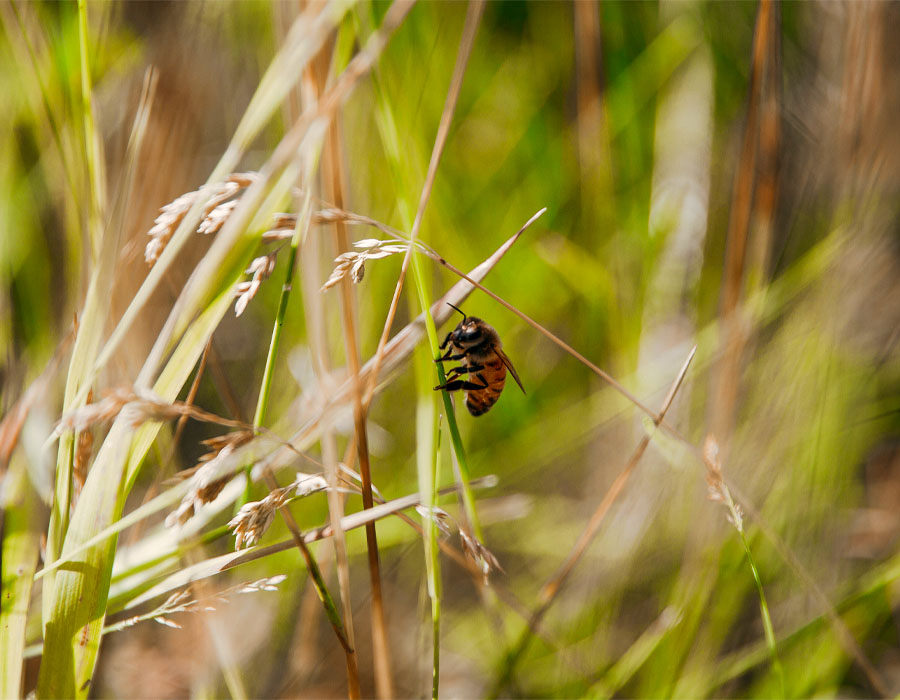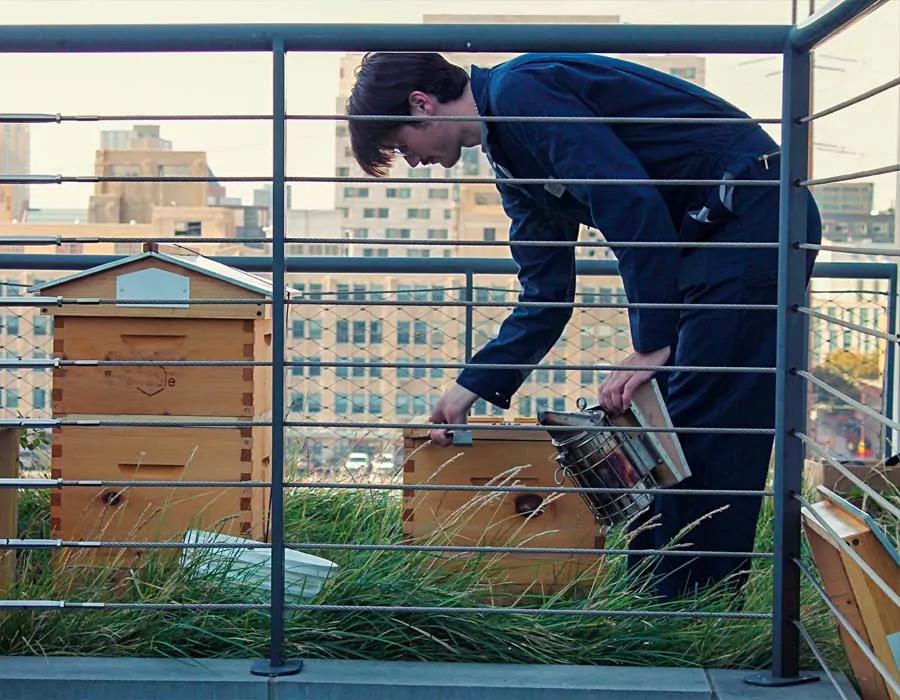-
ENVIRONMENTAL IMPACT TRACKING
Track your building’s impact with science-based biodiversity data
Take your ESG reporting to the next level. Work with research scientists to analyze honey samples from your beehive and produce trackable biodiversity data.
How does it work?
You can use your hive data to make a difference on a global scale.
![]()
Honey samples are taken from your hive
At each visit, your beekeeper will take a sample
of honey from your hive.
![]()
Honey samples are analyzed
Samples are sent to a lab and analyzed by researchers to determine which flowers are growing in the area.
![]()
Monitor local biodiversity
Receive an annual environmental report. Include this data in your ESG report and track biodiversity levels year over year.
![]()
Get landscaping recommendations
You’ll receive customized recommendations to boost biodiversity around your property.
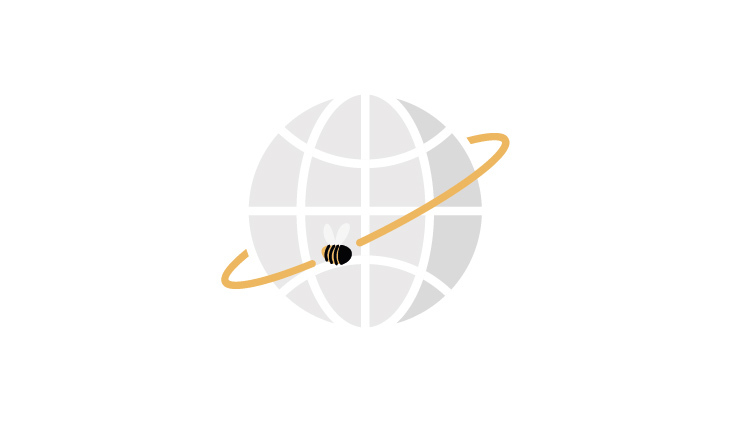
Support pollinators globally
The data from your hive is confidentially shared with a global network of scientists to support research on pollinator health and protection.
Be at the forefront of positive environmental change in your city
Make a positive impact on the urban environment and the health of pollinators.
-
-
✔️ Get quantitative data from expert research scientists
Honey eDNA are conducted by Apilab, the scientific research institute managing the biggest worldwide honey bee biomonitoring network.
✔️ Track and improve your property’s environmental impact
Receive biodiversity data for your ESG report, monitor your building’s impact year over year, and get actionable recommendations to better support biodiversity.
✔️ Qualify for green building certifications
Alvéole’s nature-based programs earn points towards green building frameworks like BOMA BEST, BREEAM, GRESB, LEED and WELL.
A customized solution to meet your needs
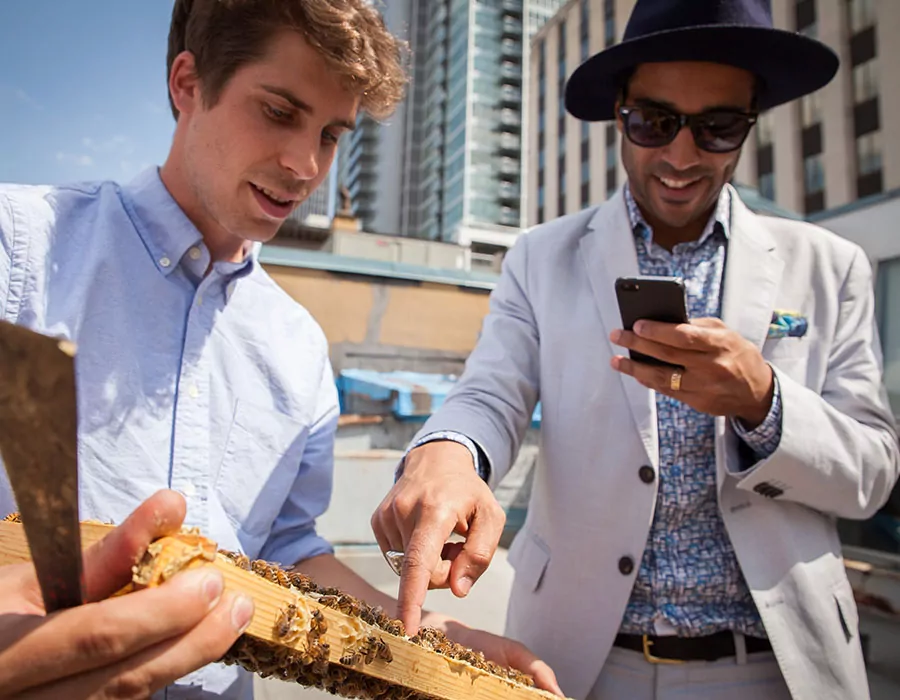
Commercial Real Estate
Repurpose unused space on your property to stand out from the crowd and further your sustainability efforts.
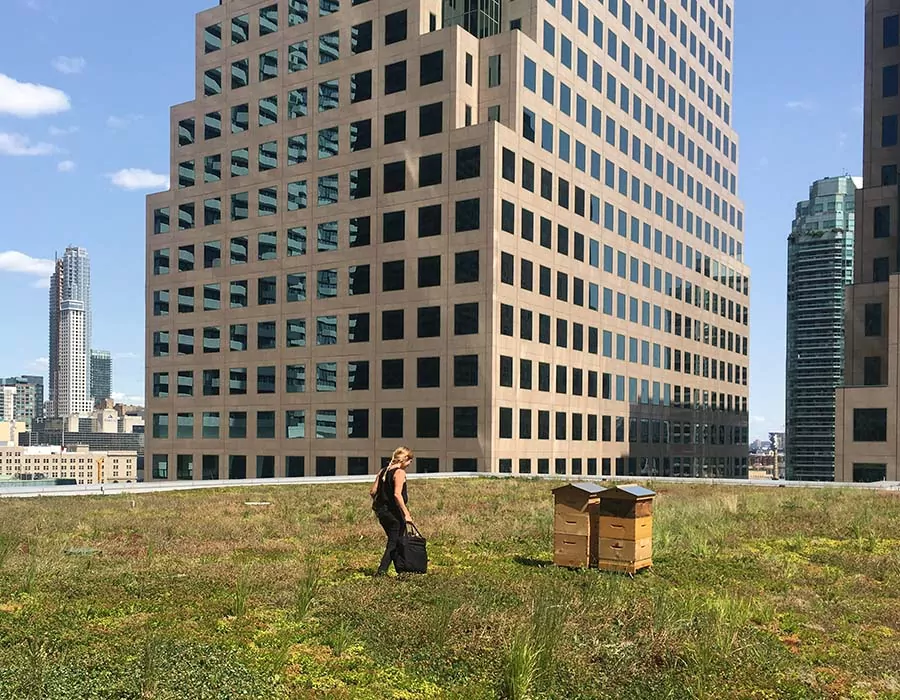
Corporate
Develop your Environmental, Social, and Governance (ESG) strategy and corporate sustainability plan.
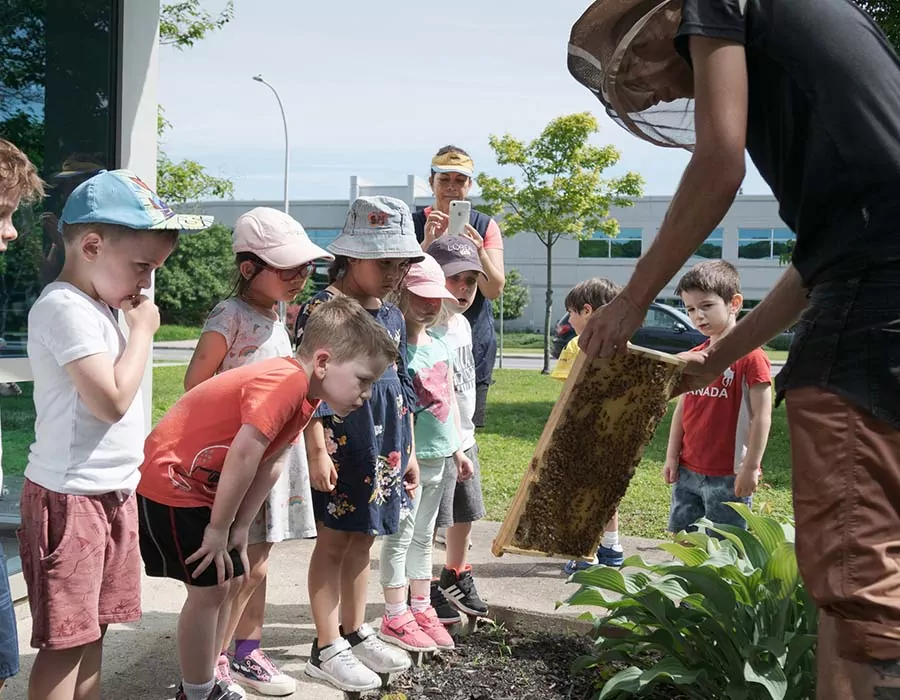
School
Get hands-on with nature – these programs offer endless opportunities for cross-curricular educational exploration.
Launch this initiative at your building in 4 easy steps
1
Our team will assess your needs
We work with you to understand your goals, determine if your property is suitable for bees, discuss safety and insurance, and answer any questions you may have.
2
Beehive and BeeHome installation, maintenance, and care
Your dedicated beekeeper will provide regular maintenance and care to ensure that your bees stay happy and healthy.
3
Activate your MyHive page and schedule your team building activities
Share your MyHive page with your network, keep track of scheduled hive visits and book team building activities.
4
Enjoy ultra local honey and measure your impact
Take part in a honey extraction and offer your custom branded honey jars as sweet corporate gifts. Receive a social and environmental report assessing the health of your bees and the impact of your bee program.
Answers to your questions
-
What is biomonitoring?
Biomonitoring is a way of assessing the environment by analyzing plants or animals. Because bees fly, forage, and drink within a 3 mile (5KM) radius of their hive, they act as tiny data collectors, making them an excellent indicator of the level of biodiversity in their environment.
-
Who conducts the honey analysis?
Alvéole works with Apilab, a scientific research firm specialized in honey bees, to analyze honey samples collected from your beehive.
Apilab provides this reliable and objective information to highlight human contribution to protecting biodiversity and safeguarding pollinators.
-
What can bees tell us about the environment?
By analyzing the honey the bees produce, we can see which flowers are blooming and when.
With this information, we can recommend the best plants to grow to increase floral diversity and support pollinators.
-
What data is included in the annual report?
The report includes social and environmental data.
The social data demonstrates the educational impact of your bee program on your community. It tracks online engagement, workshop participation, and your program’s contribution to a local 1% for the Planet organization.
The environmental report includes data about the floral diversity in the area, along with customized planting recommendations you can implement to better support pollinators.
-
Can Alvéole’s solutions help me earn green building certifications?
Yes, our services can help properties earn points towards some of the top green building certifications on the market. Learn more here.
-
What if the results in my environmental report are not good?
There is no such thing as bad results. All data is useful data, even if your biodiversity index is low. Before you can start taking action to improve the biodiversity levels in your environment, you need to have a good understanding of where you’re starting from and what areas require improvement.
Keep learning
Ready to bring this program to your building and make an impact?


